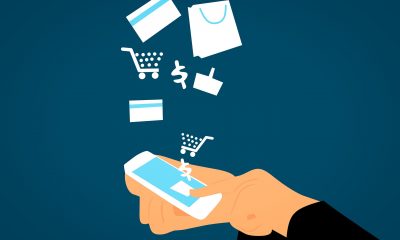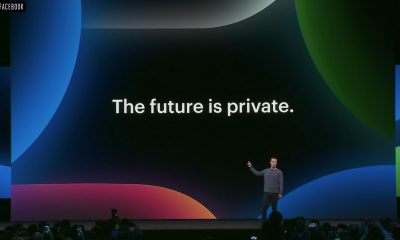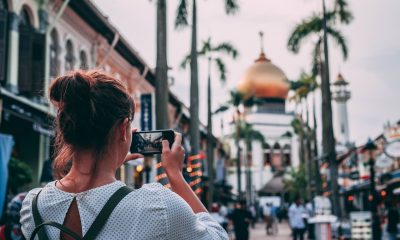Digital Insights
Social Media and the Privacy Dilemma
Published
5 years agoon
By
Brent Endaya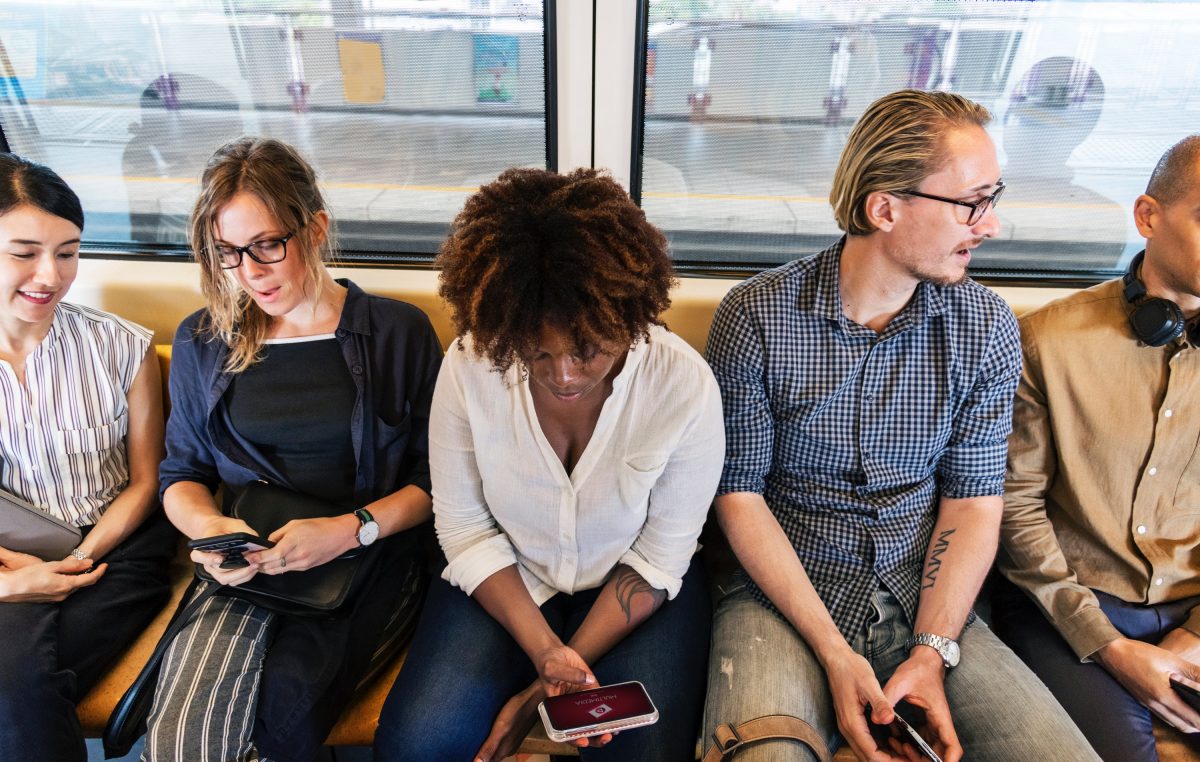
There is an inherent dichotomy between being social and being private. It’s a tough thing to balance. It’s like the thermostat in the office. Turn it down, someone will complain that it’s too cold. Turn it up, someone will complain that it’s too hot. There is barely a middle ground.
It’s like water and oil. Hard to mix. But it’s possible to keep them close together for a benefit. Put them inside a human being. Look no further. I’m about 27% fat and 60% water. It’s not really necessary for you to know that but alas, for illustration’s sake, you now know.
Me giving information about my chemical composition is already a metaphor on social media. It’s not necessarily needed but I gave you information about me. We’ll have this idea explored further below.
Social and Privacy defined
Social, as defined by Merriam-Webster, is “of or relating to human society, the interaction of the individual and the group, or the welfare of human beings as members of society” It’s from the Latin word socius which means companion, ally, or associate.
Based on the definition, being social is having to interact with other people. It’s when people communicate with or react to each other. Interactions are almost always social. Also, the word “interactions” are almost always prefixed by “social”.
Then, let’s go to privacy. According to Dictionary.com, privacy is “the state of being free from unwanted or undue intrusion or disturbance in one’s private life or affairs; freedom to be let alone.”
This is where the conflict goes. Being social is interacting with people while being private is getting away from people. Yes, you can do them alternately, socialize in the morning and be private at night. However, it’s very conflicting if you are doing them both.
The private connotation
Also, riddle me this: If a person is private, why is that person sometimes called “antisocial?”
The privacy paradox
“If it’s free, then you are the product.”
The paradox of being private and being social is very much displayed on social media. Our whole identity and personality are on social media. Scary but true. And we voluntarily placed it there.
Here are some of the information that your social media account may have about you.
Your identity:
- Name
- Face (even from many angles)
- Body type
- Birthday
- Age
- Location
- Home address
- Work address
- Friends
- Family
- Telephone or Mobile number
- Email address
If your social media profile was printed, it could be a valid ID. If placed under the wrong hands, just a few of those is already sufficient for use in nefarious purposes. An individual’s identity could possibly be stolen. Think of everything that could happen. This is where the phrase, “Anything is possible” can be a very bad thing.
Then, your personality:
-
- Likes
- Hobbies
- Food that we eat
- TV shows we watch
- Your political standing
- Your religion
- Your thoughts (What’s on your mind?)
And we give social media real-time updates about all those things. “Hey Zuck, here are my thoughts about Game of Thrones. It.. (spoilers).”
If AI was to get ahold of all these information, they could clone you. How reassuring. Thanks, Brent.
What’s worse is, the platform can distance itself from responsibility. “Well yeah, sorry about the breach but hey, I’m not the one who put it there. Just saying.” Annoying, but true.
Social Media gives us the Hollywood mentality
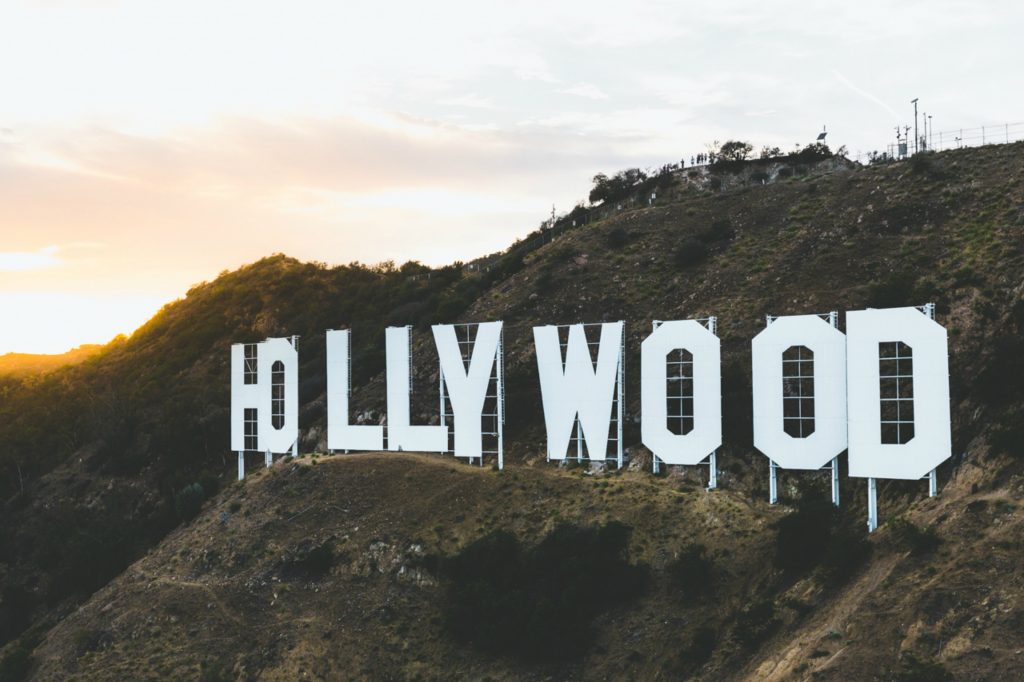
Our definition of privacy is that we should be free from intrusion or disturbance in our private life or affairs. Yet, we let social media intrude on our daily lives. “Oh, I got a like. Oh, a friend request. Hey, a message from so and so.” Our phones buzz and beep away.
We also become suckers on the lives of others. Especially if their private lives get brought to light. It’s when you see a post from your friend or a celebrity, a very long rant about how they caught their partner cheating and you become amused by it. You sometimes willingly participate in keeping the conflict going. “Yeah, you tell him, girl.”
There are two things wrong with that phenomena. First, we get entertained by the private affairs of others. We get fascinated by the mere fact that their life unfolded in front of the public. Second, they willingly placed their private life in front of others. It’s really contradictory.
This was only possible before through celebrities. Scandals and controversies of people appearing on the television and on the big screen. It was interesting to us because it shows that celebrities are humans too and they are capable of mistakes.
Now it’s like everyone is a celebrity. Social media made that possible. Everyone could become a celebrity. Everyone could be viral. It’s the ultimate American dream fulfilled. The big screen is now a small screen, in your pocket. Sounds like a good thing, but all the drawbacks of becoming a celebrity comes with it.
The gossip culture – “Hey, have you heard the so and so broke up? I’ve seen his relationship status as single now”
The paparazzi/journalist culture – “Look at this guy acting like a jerk. I’m gonna make him famous” Side note: Sometimes we are our own paparazzi/cameraman. “We are here live at blah blah. Hey guys, you won’t believe this.”
Now, we feel how the celebs feel if they get their privacy invaded. It’s crazy how this became the norm.
Arguments about privacy
This issue has been discussed for years before even the Facebook and Google controversies. Experts already saw this happening. Some would say that all we do is talk but nothing is happening. Well, something is happening. We are talking about it. But yeah, solutions are offered from all sides but the problem is yet to be fixed. Here are some of the points of contention about privacy and social media.
Privacy is only for people with something to hide

This argument seems reasonable but fallible. Imagine living in a see-through house with no doors and no locks. And you have no clothes when you go out. With nothing to hide, this will be easy, right?
Staying with this argument. If flipped but with the same context, it states that if you have nothing to hide, you’ll never have to worry about privacy.
The example that always gets brought up on this issue is the infamous “Fappening” of 2014. People claim that this would be a non-issue if the celebrities just didn’t take obscene photos of themselves.
This might be a reasonable argument but let’s say that the leaked photos weren’t sexual in nature. It would then have a different reaction.
Every human deserves the right to privacy. Not because they have something to hide but because they don’t necessarily have to show everything.
Privacy does not equal security
There is a strong implication of security and safety if we talk about privacy. Being safe and secure means being far from risk or danger. Sometimes, to be safe is to be left alone, and to be left alone is privacy.
Some people might say that being private doesn’t necessarily mean that you are safe. Yes, but that doesn’t mean that we should remove all our guards. Privacy is one of those guards that protect an individual’s freedom. It’s important for people to feel safe.
The sanctity of privacy
Joseph B. Walther from The Conversation has a great article about this. He says, “Ultimately, people need to save themselves more, and worry a little less about saving everyone else.”
People are aware of the issue. Some people are concerned about the issue, but they are not changing their behavior. They think victims of this privacy epidemic don’t notice that they are already infected. This just spreads the disease even more.
It’s like going to public places to make people aware about the flu. You don’t know you have flu. So aside from making people aware of the flu, you unknowingly just spread the disease.
Skewed responsibility
Regulating the tech companies is good but this breeds more problems than intended. It removes the accountability of individual users making them more reckless and careless about their online behavior. If people are given more precautions, they will only rely on those precautions instead of taking care of themselves.
Here’s an example. In this video from Cheddar, there is a comparison of two residential streets, both with a 20mph speed limit. Wes Craiglow, the Deputy Director of Planning and Development for the City of Conway, AR, tweeted a picture showing the two streets and pointed out the design flaw in one of them.
Twenty is plenty. Thin is in. Tight is right. #UrbanPlanning pic.twitter.com/csSd3tgNAd
— Wes Craiglow (@wescraiglow) October 30, 2015
One street is designed to look like people lived there, and the other looked too similar to an expressway.
Here’s what happened. The lower half of the picture, the street with less visibility, is the one with a successful implementation of the 20 mph speed limit. If you look at both streets, the upper half has perceived safety because it has more visibility, but in practice, the lower half is safer because people drive more slowly. The lessened visibility and narrow design make people on heightened alert and would naturally slow down.
But people shouldn’t have to rely on design for desired and proper behavior. Regulating the platforms is a good start but not a complete solution. The platform and users should be both responsible for the users’ privacy, not one or the other. Our privacy is our responsibility first, before the platform’s.
It’s like blaming the car when it stopped even when you didn’t check the gas first. The car might have bad fuel economy, but you should have checked if you have gas to make the trip in the first place.
Privacy is a hindrance
In some cases, that might be true. But not all the time. If given a choice of expediency over security, most would still prefer security. But some won’t.
Here’s a scenario. Boarding a plane is a very tedious process. To make it very fast, we can remove all of the security checks and just let people go to which seat they want. (Yes, it’s faster for people to randomly board a plane than the traditional assigned seats.)
It sure would be a lot faster but the possibility of danger is higher.
Another example is wearing a seatbelt in cars. It would definitely be a bit faster if you can go and drive immediately, instead of putting on your seatbelts first, but it’s not safe.
Privacy is necessary for safety. Real safety, not just perceived safety. Again, information that goes to the wrong hands will result in negative consequences.
We got used to information being there almost instantaneously. That’s why we developed impatience and recklessness. We should chill out and be patient. Keep calm and make patience great again.
Is there a middle ground on privacy and being social?
There is no one-size-fits-all solution for this dilemma. It’s become so big that simply removing social media from our life is almost impossible. Also, multiple businesses will collapse. It’s a hard balance to make.
But we can make it work. Since some people think that tech is the source of the problem, I think that TECH is also the solution. I say, fight tech problems with TECH.
Transparency
This is simply knowing what and who accesses our data. Although there are already systems in place to do this, not all people know how tech works. It should be more explicit. It’s ideal that people could know what specific data is currently used by websites in real-time.
It’s kinda ironic that privacy is being exploited, yet companies are being very private at how they use supposedly private data. Here’s some things that you don’t know are being used when you agree to their terms of service.
People have the right to know about what happens to their data. And one way to let them know is to educate them.
Education on privacy
People should be educated and internet etiquette should be a standard, especially in social media.
Not many people actively teach other people how to properly use and behave on social media. There is an assumption that this generation is more tech-savvy but they shouldn’t expect people to be fully aware of the social implications of their moves.
I haven’t found any program that teaches people, especially the youth, how to properly use social media.
“It’s not the technology that’s the problem. It’s the business model that’s the problem,” says Jim Balsillie, a Canadian businessman and former co-CEO of Research In Motion (RIM, Blackberry) during his interview with CBC news. I agree with him and add that another problem is the misuse of the platform from ignorance.
Critics and users of social media would just often cry boycott or claim that they left the platform years ago. Although that is their freedom and that might sound practical, it doesn’t fix the problem for everyone else.
Give a man social media and he will post everything about his day, teach a man how to use social media and he will benefit from it in his lifetime.
Competition
If there were competition among these service providers, there won’t be abuses of their power. Services will improve and continue to improve because of competition. I think the regulation should be focused on antitrust laws to prevent monopoly.
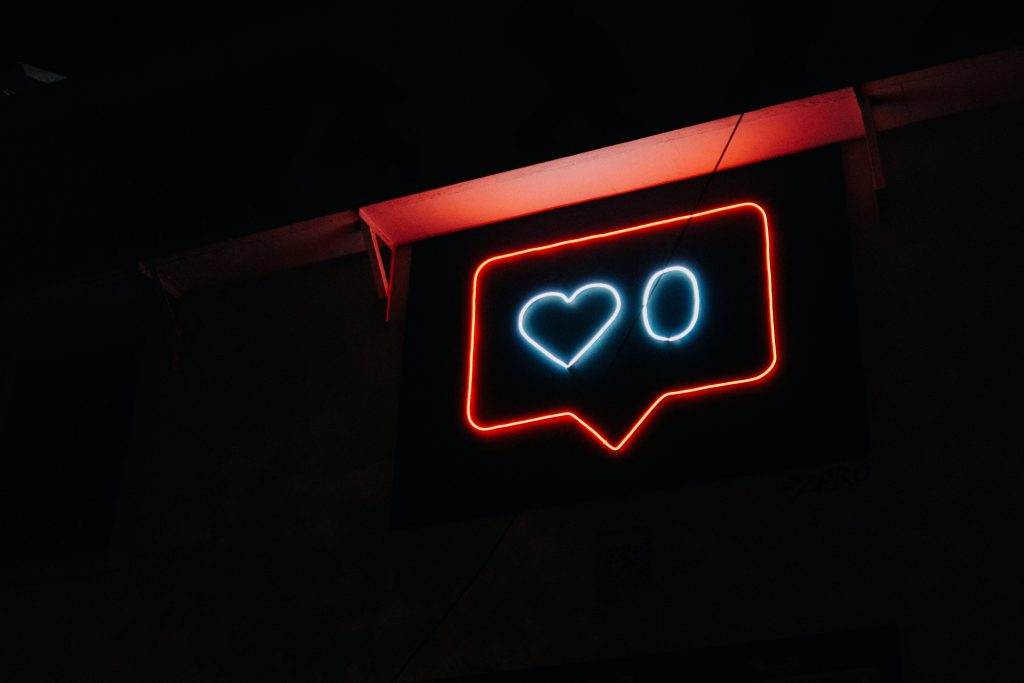
US Presidential candidate Sen. Elizabeth Warren is already calling for tech companies to be broken up. She wrote, “They’ve bulldozed competition, used our private information for profit, and tilted the playing field against everyone else.” Even Facebook’s co-founder, Chris Hughes wants Facebook to be broken up.
Lastly, Roger McNamee, author of Zucked, gave this statement during the international lawmaker’s grilling of Facebook execs on Canada amidst the Nancy Pelosi controversy and how things like those could jeopardize elections: “The most effective path to reform would be to shut down the platforms at least temporarily as Sri Lanka did. Any country can go first. The platforms have left you no choice. The time has come to call their bluff. Companies with responsible business models will emerge overnight to fill the void.”
They are all aimed to lessen the power and influence of these huge companies and invite competition for better and more secure services.
Hegemony
Hegemony is described by Encyclopædia Britannica as “the dominance of one group over another, often supported by legitimating norms and ideas.” The dominant group should be the subscribers of the platform. There should be democratic power, power to the users.
Boycotting, canceling, or protesting Facebook might look like the only option for users to assert power over the platform, but it’s not the only way. Shouting does a great job of making you heard, but it doesn’t make you understood. An organization isn’t just a bunch of people, it should be organized. Peaceful, reasonable actions by a huge amount of people show power to the platform.
Same thing as for governments, reform isn’t achieved just by replacing the president. It’s about people getting together for a common goal. Not just taking to the streets and protesting, but by acting as a collective unit and reforming the culture.
Is my privacy a fair trade for all the features I use?
Only you can answer that. It’s your preference. Privacy is now a preference and people have different preferences. That’s why it’s hard to come up with a solution. But there will always be a majority and there should always be a middle ground.
Humans are social creatures. But having solitude is healthy for the mind. It’s having a rest. Being in the spotlight, however great the feeling might be, takes its toll. It’s extremely exhausting. Fulfilling but extremely tiring. All beings that move will eventually rest. It’s natural. It’s the law of inertia. That’s why privacy is still important.
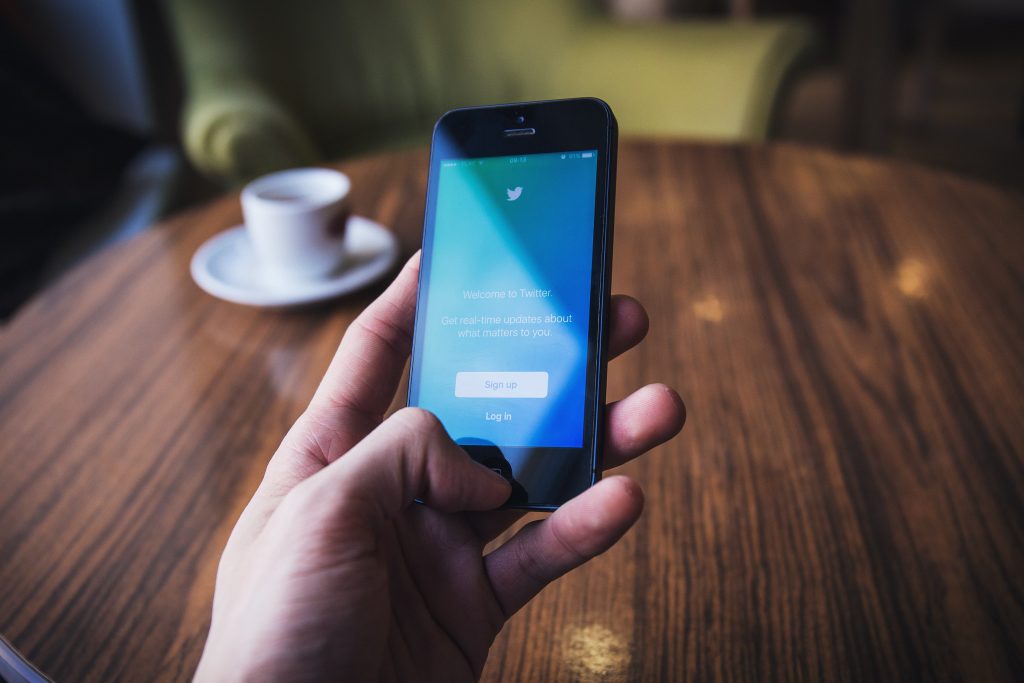
Privacy became a currency. It became expendable. Started as a right, it’s now just a preference. Tech companies exploited this and we let them. In the end, they are still data companies. They profit off of data. So they will still make ways to make money from their “products and services,” our data. It’s kinda depressing.
But being depressed at the system doesn’t change the system. Talking about the system is a great first step. Thinking of ways on how to fix the system is an even bigger step. But the biggest step we can do is to not contribute to the problem.
Yes, tech companies should be held accountable but so should we. Although the few at the top have the most control, the majority is the foundation. If the foundation rocks, the quakes go to the top. And oh, the shockwaves are definitely felt more at the top.
As I have said from the start, being private and being social is hard to balance. But I didn’t say that it was impossible. It’s going to be achieved by either compromise or collaboration. Everything comes with a price. It’s not just a free and open internet. But the price shouldn’t be privacy. The price could be responsibility.



